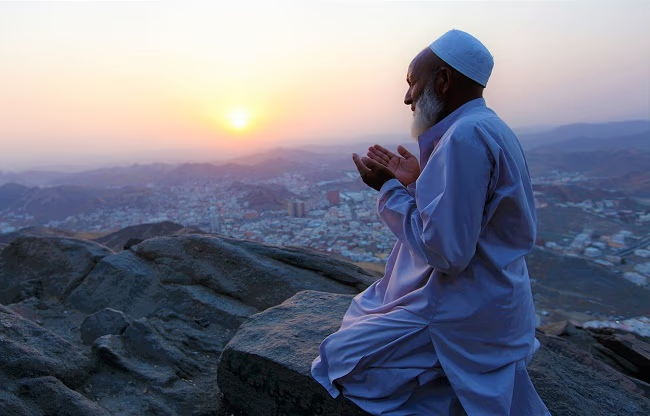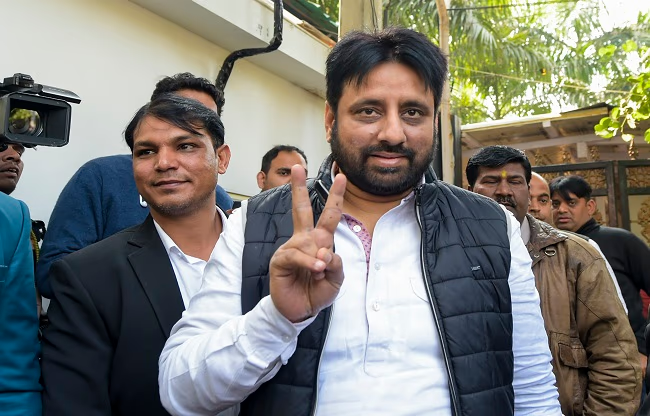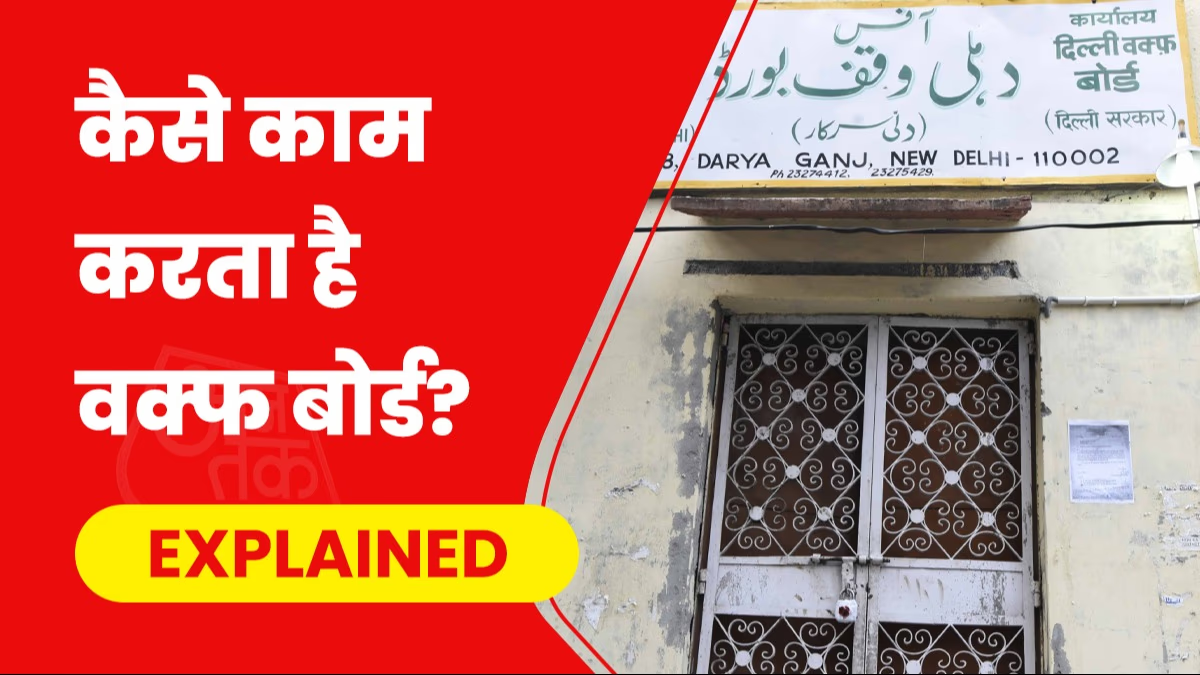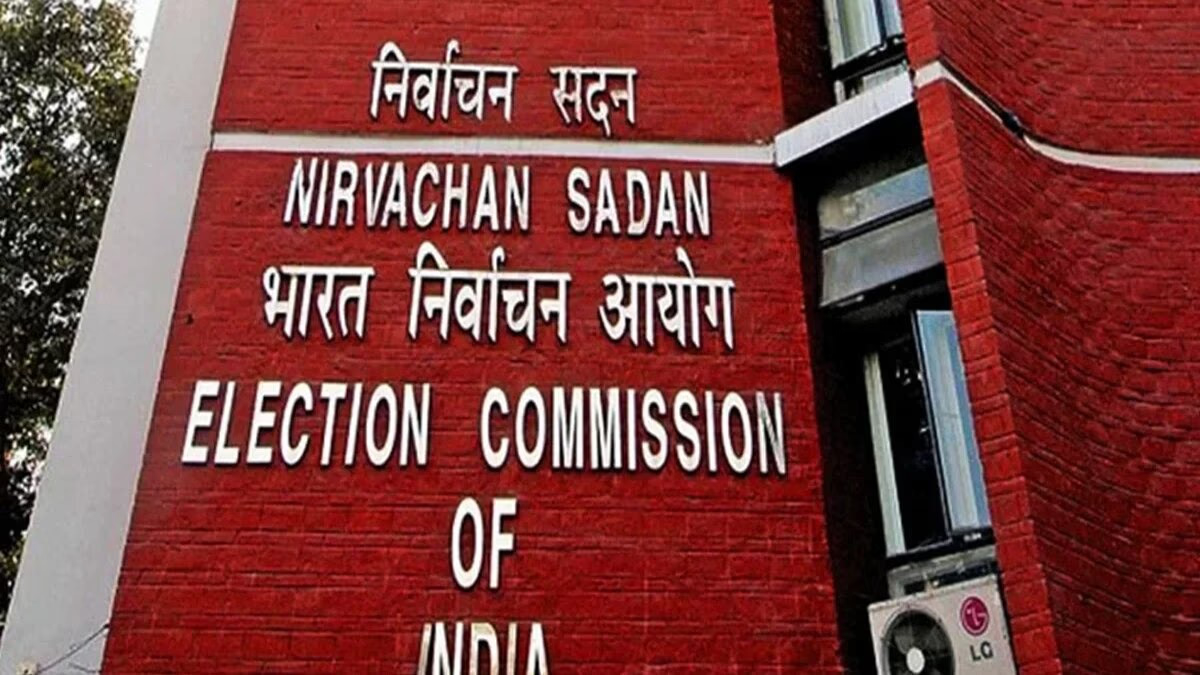The wealth associated with the Waqf Board is a perennial topic of discussion. Last year, BJP legislator Harnath Singh Yadav introduced a private member bill recommending the abolition of the Waqf Act 1995. He suggested that it was against democratic principles and should be eliminated in the national interest. Although the bill was not passed, it certainly brought the Waqf Board into the limelight. By law, it has vast powers, allegedly used arbitrarily. Let's explore what the Waqf Board is and how it functions.
What is Waqf?
Waqf is derived from the Arabic word 'Waqf,' which means to pause. It signifies dedicating property for public welfare. In Islam, it refers to endowments for charities. A Waqf can encompass both movable and immovable assets. This wealth falls under the jurisdiction of the Waqf Board.
Who Can Make Donations?
Any adult Muslim can dedicate their property as Waqf. While this is a voluntary act, Islam also mandates Zakat for charity. Wealthy Muslims are required to donate 2.5% of their annual savings to the needy, which is termed as Zakat.
How Does the Waqf Board Form and Function?
The Waqf Board manages significant assets. Multiple bodies at local and higher levels oversee the maintenance and utilization of these properties for charitable purposes. Almost every state has Sunni and Shia Waqf boards responsible for maintaining the properties and ensuring their income is used appropriately. This includes helping the needy, maintaining mosques and religious institutions, providing education, and funding other religious activities.

Source: aajtak
The Center has also established the Central Waqf Council to coordinate with Waqf boards. According to the Waqf Assets Management System of India, there are a total of 30 Waqf boards across the country, mostly headquartered in capital cities.
What is the Waqf Law?
The Waqf Act was passed in 1954 during Nehru's tenure, centralizing the administration of these properties. Since then, the act has undergone several amendments.
Who Comprises the Board?
The board includes a Survey Commissioner who keeps records of the properties. Other members include Muslim legislators, MPs, IAS officers, town planners, advocates, and intellectuals. The administrative officers on the Waqf Tribunal are selected by the state government, which often ensures that the board comprises a maximum number of Muslims.
Why Do Controversies Arise?
The government has allegedly given the board unlimited power. Waqf properties enjoy special status above other trusts. The board can inspect any property to determine if it belongs to Waqf, making it hard to dispute their claims. Section 85 of the Waqf Act states that its decisions cannot be challenged in High Court or the Supreme Court.

Source: aajtak
BJP leader Harnath Singh alleged that the Tamil Nadu State Waqf Board claimed ownership of an entire village in Tiruchirappalli district. A similar case occurred in Solapur, Maharashtra. In Uttar Pradesh, the board claimed vast properties, prompting the Yogi government in 2022 to order a survey of all Waqf assets. The results of the survey are not yet known.
How Much Property Does the Board Own?
According to the Waqf Management System of India, there are around 855,000 assets under Waqf ownership nationwide.
Waqf is the third-largest landowner in the country, after the Army and Railways.
Uttar Pradesh has the highest number of Waqf properties.
The Sunni Board in UP owns 210,239 properties, while the Shia Board has 15,386.
Thousands of properties are donated to the board every year, continuously increasing its wealth.
What is the Case Involving AAP Legislator?
In the Delhi Waqf Board case, ED accused AAP leader Amanatullah Khan of making over 30 illegal hires during his tenure, violating government guidelines. He also allegedly rented out Waqf Board properties illegally, resulting in a money laundering case against him. Currently, Delhi's Rouse Avenue Court has granted him bail.




